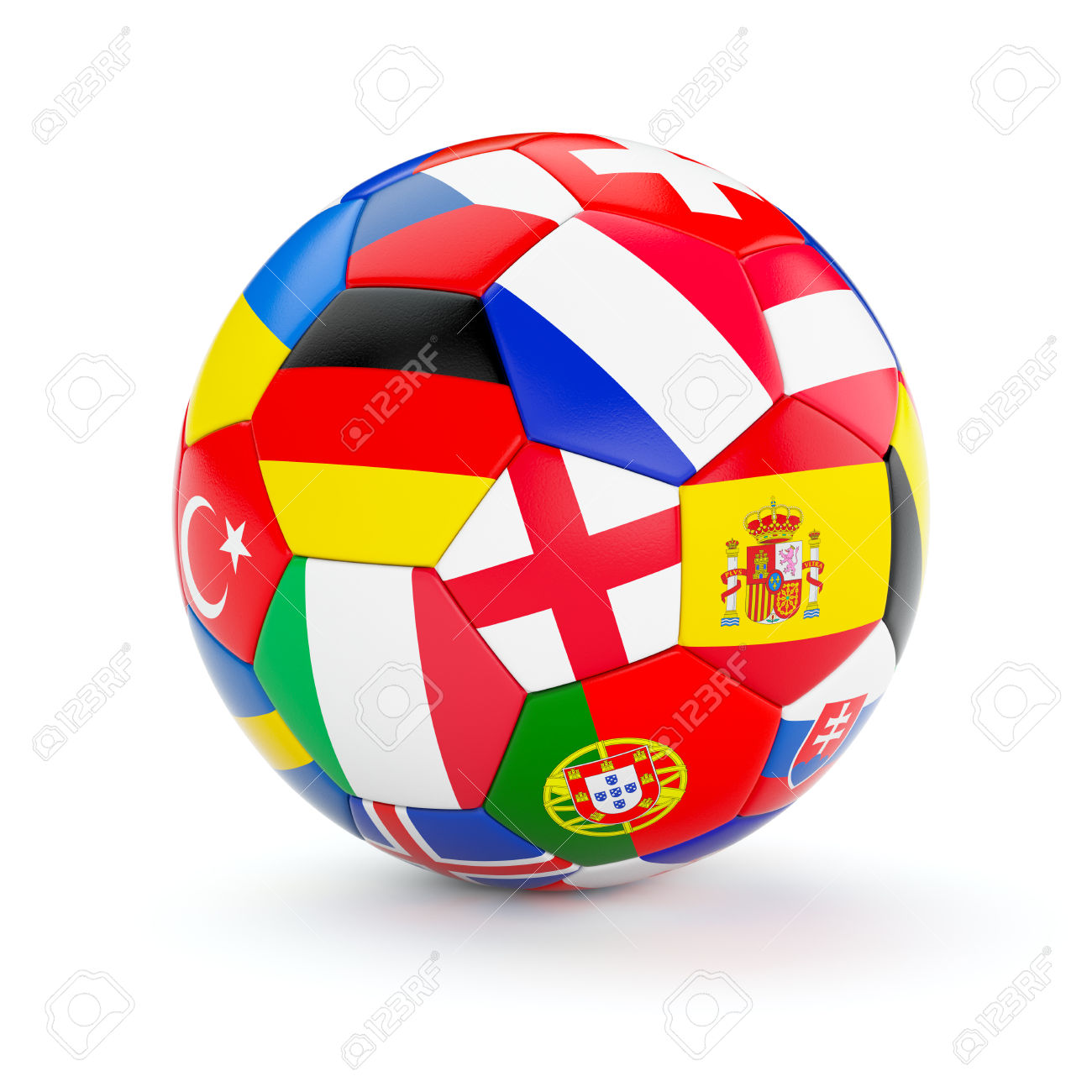Casidhe McClone, Columbia Law School J.D. Candidate 2018
With 3.8% of the global population reporting some use of the drug in 2014, cannabis use has increased roughly 27% since 1998. While 3.8% may seem like a low number, it is still high enough to rank marijuana as the most cultivated, produced, trafficked and consumed drug in the world (using 2014 statistics). Considering the drug’s prevalence, some states have pursued an approach to regulation called decriminalization, through which the drug remains illegal but enforcement against users is deprioritized. One EU member, Portugal, took a bigger step 15 years ago and formally decriminalized all drugs.
As an approach to regulating drugs, decriminalization is based on the removal of criminal penalties for drug use. States might adopt the doctrine for a number of reasons, such as an increase in the drug usage by its citizens, or a relatively strong support for legalization that clashes with a voting majority in favor of the drug’s illegality. Decriminalization can work in any number of ways, but the basic concept is relatively straightforward; marijuana remains largely illegal, but enforcement of the statutes outlawing the use of the drug is de-prioritized. While the substance could remain prohibited in a formal sense, the actual/practical risk of any legal consequences arising from its use declines sharply. States taking a decriminalization approach to the drug might move resources away from investigative or prosecution efforts aimed at the drug, reduce the level of punishment, and effectively remove punishment for use of the drug from the criminal sphere. It is important to note that this doesn’t mean that laws concerning the drug are ignored. States following a decriminalization doctrine may continue to aggressively investigate and prosecute those involved in smuggling or selling the decriminalized substance. Therefore, these states may focus and put more resource and efforts into policing drug trafficking, rather than consumption.
For states with high per-capita use of marijuana, the arguments for and against decriminalization are complicated. On one hand, those in favor of the drug’s illegality are likely to see high rates of use as a more important problem that should be afforded more resources. Vocal consumers, on the other hand, tend to point to high rates of use as a sign of the drug’s acceptance within the populace. But the motivations behind aggressive enforcement aside, high use rates tend to correlate with high costs of enforcement. This is particularly true with respect to the enforcement of consumption – if a larger portion of the population is breaking the law, it takes more law enforcement officials to police them. Some states thus view decriminalization as a potential solution to the problem of resources, as it allows law enforcement to continue addressing the problem while significantly narrowing the pool of citizens that needs to be policed. In theory, law enforcement could focus on supply without bothering to investigate the reports of use. The counterargument, of course, is that the “demand side” of the drug market is not curbed.
Most states in the European block have laws prohibiting the ownership, consumption, and/or trade of marijuana. With some exceptions, noticeably the Netherlands, most EU members put some legal prohibitions on the drug. Interestingly, Portugal has pursued a “de jure” decriminalization. That is, while multiple member states have de facto decriminalization for low use substances (often cannabis), Portugal’s decriminalization of all drugs is statutory. As of 2001, Portugal has taken a decriminalization approach to all drugs, including cocaine and heroine. Under the 2001 law, drug possession for the purpose of use, as well as use itself, became a strictly administrative violation without any criminal consequences. Possession of any drug in Portugal is deemed entirely separate from the criminal realm as long as the quantity is for ten days of use or less, and such administrative cases are often simply dismissed. It is worth noting that what is considered to be an amount for ten days or less varies widely with the drug in question. More than a gram of heroin or ecstasy, or more than two grams of cocaine, can move the offense into criminal territory. But up to 25 grams of marijuana is still considered an administrative offense.
The effects of this law may not be what we would expect. Interestingly, Portugal’s overall rate of drug use has remained more or less steady. On the other hand, HIV infection rates in the country have fallen. It was Portugal’s high levels of infection stemming from drug use that created part of the motivation for adopting a decriminalization policy in the first place. Of course, there are other explanations for the reduction in infections, and Portugal still suffers from abnormally high rates of drug-related infection. During the decade and a half that the policy has been on the books, the country has invested more in healthcare and more in addiction aide programs, both of which have likely had greater infection rates than the drug policy itself. the policy is largely hailed as a success. Ever since the decriminalization law was enacted in 2001, the policy has grown in popularity, largely due to decreased rates of drug-related deaths and more treatments for drug-related diseases and addiction.
The rate of marijuana use among the Portuguese population remains hard to measure. In the first five years of the new law’s existence, the number of citations for cannabis increased four-fold. However, the portion of the population that reports using the drug remains low: approximately 3.8% in 2011, a number that seems to mirror the 2014 global average.
Meanwhile, there are some member states with laws prohibiting sale that still show high per-capita use of marijuana among citizens. With 14.6% of the population reporting some use during 2011, Italy ranks highest among countries where the drug is popular; far more popular than Portugal. Scotland and Spain also have high rates of use, as both countries showed 2011 rates that were twice as high as the global average. While Spain has pursued a decriminalization regime, the UK has not.
Decriminalization remains an attractive policy for states that want to avoid the high cost of policing drug use without legalizing the drugs themselves. But while the policy does have some strengths, its effect of overall use remains questionable.
Featured Image Source: http://www.123rf.com/photo_37878344_ukraine-and-eu-flag-on-cannabis-background-drug-policy-legalization-of-marijuana.html




